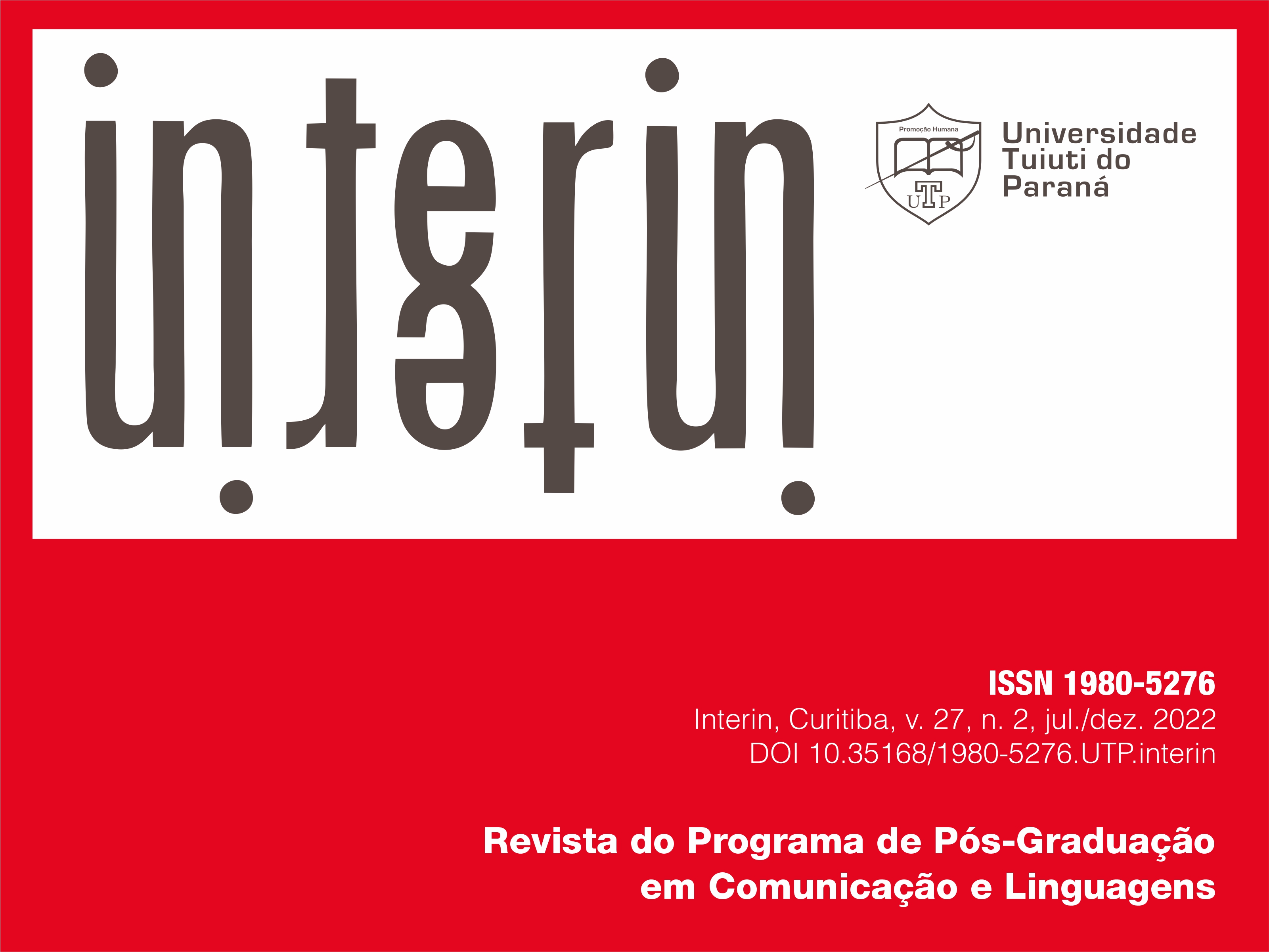Os limites entre a verdade e a pós-verdade na filosofia de Wittgenstein
Resumo
A pós-verdade é um fenômeno contemporâneo que se tornou amplamente analisado a partir de vários olhares, dentre eles, o da Filosofia. Neste sentido, este artigo apresenta-se como mais um esforço filosófico para entender a tensão existente entre a verdade e a pós-verdade, bem como os mecanismos que as delimitam. Entretanto, buscaremos, a partir da filosofia de Ludwig Wittgenstein, compreender esta questão para além daquilo que comumente é afirmado, quando se trata da verdade e da pós-verdade como opostos, para analisarmos a proximidade entre uma e outra, ambas, manifestas no âmbito da linguagem e da gramática. Na filosofia do primeiro Wittgenstein, a verdade é possível a partir da relação necessária que ela estabelece com a realidade. Contudo, em sua segunda fase, o filósofo abandona a ideia da verdade e de seu possível suporte fiel ao mundo externo e/ou metafísico, para tratá-la como uma espécie de convenção, que se dá no interior de um jogo, a partir de uma realidade prática. É neste ponto que buscaremos discutir, neste artigo, em que medida a verdade e a pós-verdade se confundem e seus possíveis limites se desfazem. Afinal, sem qualquer possibilidade de fundamento, se dilui o problema enunciado, como em uma terapia filosófica.
Copyright (c) 2022 INTERIN

This work is licensed under a Creative Commons Attribution-NonCommercial-ShareAlike 4.0 International License. Cedo à revista Interin os direitos autorais de publicação de meu artigo e consultarei o editor científico da revista caso queira republicá-lo depois em livro. O trabalho publicado é considerado colaboração e, portanto, o autor não receberá qualquer remuneração para tal, bem como nada lhe será cobrado em troca para a publicação. Os textos são de responsabilidade de seus autores. Citações e transcrições são permitidas mediante menção às fontes.


